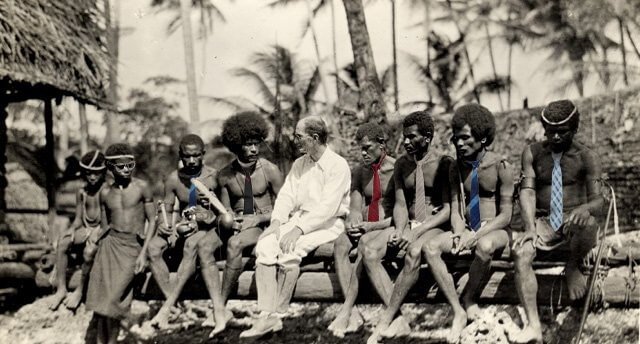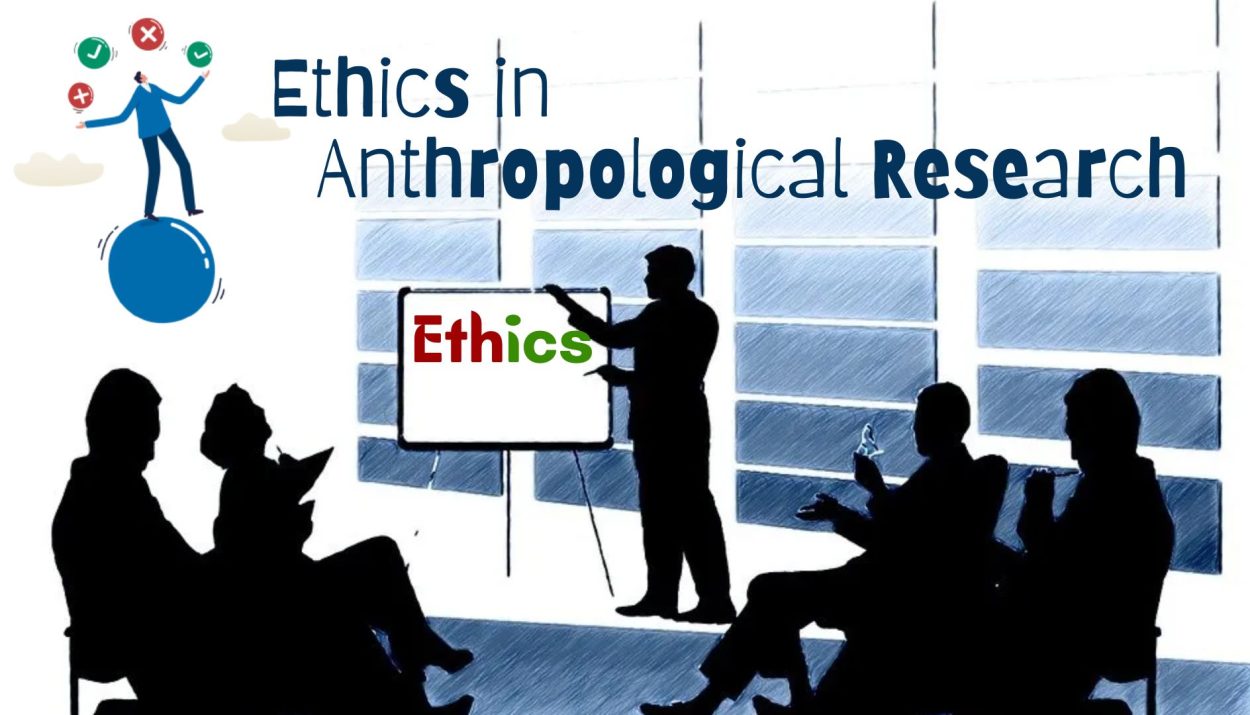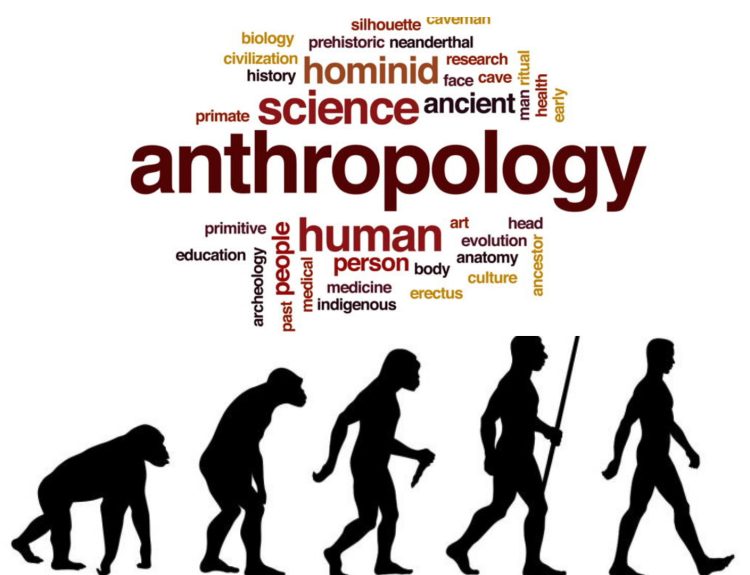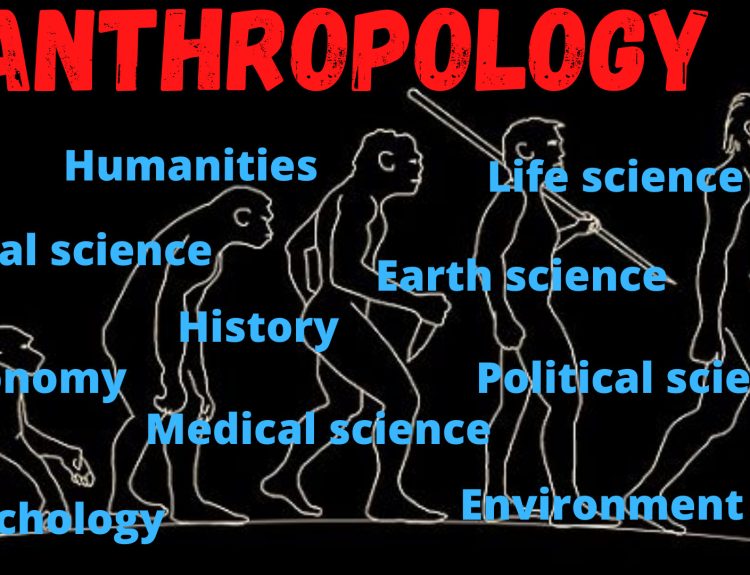Anthropology, the study of human societies, cultures and behaviours, is a discipline that relies heavily on research and fieldwork. Researchers in anthropology embark on journeys to explore diverse communities, gain insights into different ways of life and contribute to the broader understanding of humanity. However, with the privilege of such exploration comes a profound responsibility to uphold ethical standards in research. Ethical considerations are fundamental to protecting the rights and dignity of the individuals and communities involved in anthropological studies. In this article, we delve into the significance of ethics in anthropological research and explore key principles that researchers must adhere to during their investigations.
Respect for Cultural Sensitivity and Diversity
Anthropological research often involves studying communities with distinct cultural practices, belief systems and social norms. Researchers must approach these contexts with cultural sensitivity and respect. This means being aware of their own biases and acknowledging the uniqueness of each culture without making value judgments. Avoiding cultural imperialism and ethnocentrism is crucial, as these attitudes can distort research outcomes and perpetuate stereotypes.
Informed Consent and Confidentiality
Obtaining informed consent from research participants is one of the most vital ethical considerations in anthropological studies. Researchers must fully inform participants about the research objectives, potential risks and the voluntary nature of their involvement. Additionally, they should provide clear explanations of how data will be collected, stored and used. Language barriers or illiteracy should not be excuses for neglecting informed consent procedures and efforts must be made to ensure participants fully comprehend the information.
Moreover, confidentiality is paramount in preserving the anonymity of individuals and communities. Researchers must take extra precautions to safeguard the identities and personal information of their subjects, especially when dealing with sensitive topics.
Beneficence and Non-Maleficence
Beneficence refers to the obligation to act in the best interest of research participants. Researchers should strive to contribute positively to the communities they study by actively seeking opportunities for mutual benefit. This might involve sharing research findings with the community and involving them in decision-making processes.

Non-maleficence, on the other hand, requires researchers to minimize harm to participants. Anthropologists must be conscious of the potential negative consequences of their research, such as exploitation, stigmatization or emotional distress. Careful consideration should be given to the scope and methods of the research to prevent harm while still fulfilling the study’s objectives.
Power Dynamics and Collaborative Approach
Anthropological research often involves imbalances of power between researchers and the communities they study. It is crucial to acknowledge these power dynamics and adopt a collaborative approach. Instead of conducting research on communities, researchers should strive to work with communities, involving them in the research process and ensuring their active participation. By collaborating, anthropologists can create a more equitable and inclusive research environment, where the voices of the participants are heard and respected.
Addressing Prejudice and Bias
Researchers must be vigilant about addressing their own prejudices and biases that might influence their observations, interpretations and conclusions. Self-reflection and self-awareness are essential tools to minimize the impact of biases on the research process. Anthropologists should also be open to feedback from peers and members of the studied communities, allowing for a constructive critique of their work.
Ethics Review and Oversight
Before commencing any research, anthropologists should seek ethics review and oversight from institutional review boards or ethics committees. These bodies ensure that research projects adhere to ethical principles and guidelines, protecting both the researchers and the participants.
As an Anthropologist…..
As an anthropologist, my primary role is that of an observer and a custodian of the information entrusted to me by the people I work with. It is essential for me to handle this knowledge with care and sensitivity. I undertake the responsibility of assessing what information can be ethically shared with the broader community and consider the most appropriate ways to convey it.
In the process of conducting my research, I often encounter sensitive issues that require careful consideration. Anonymization becomes a crucial aspect to safeguard the identities and privacy of the individuals involved. I must navigate these complexities and engage in open discussions with the participants about how their stories will be used and presented. Addressing their concerns and respecting their wishes are vital components of ethical research practices.
When I am confronted with a substantial collection of people’s stories, particularly those involving loss, my task is to synthesize and amalgamate these narratives into a coherent and meaningful representation. This process demands a delicate balance between honouring the individual uniqueness of each story and crafting a collective understanding of the shared experiences.

Ethical considerations extend beyond the protection of privacy. I am mindful of the emotional impact my research might have on the participants. It is my ethical duty to ensure that their sense of wholeness and respect is preserved throughout the research journey. Although this can be challenging, especially when crafting research papers that might not fully resonate with all participants, I remain committed to acknowledging and respecting their experiences of loss.
To fulfil my ethical obligations, I emphasize being fully present during the storytelling process. By establishing genuine connections with the participants, I aim to understand the depth of their experiences and appreciate the significance of the loss they have endured. This empathetic approach helps guide me in making ethically sound decisions throughout my anthropological research.
Conclusion
Ethics in anthropological research is not just a set of bureaucratic procedures; it is the backbone of responsible and respectful research. By recognizing the cultural diversity of the subjects, obtaining informed consent, maintaining confidentiality and embracing a collaborative approach, anthropologists can build trust with the communities they study. Ethical research not only upholds the integrity of the discipline but also helps to foster genuine understanding and appreciation for the rich tapestry of human cultures across the globe.
As the field of anthropology continues to evolve, a commitment to ethical practices will remain essential to navigate the complexities of cultural exploration and produce meaningful and ethical research outcomes.
References
Research Ethics in Ethnography/Anthropology







